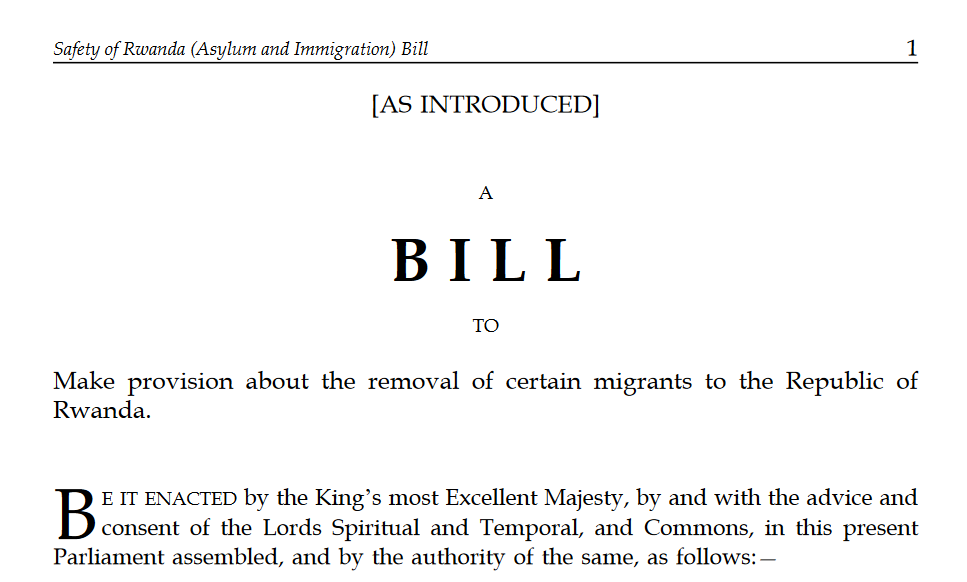Along with a raft of announcements in the King’s speech this week was included the intention to implement a new Border Security Command that will ‘smash criminal gangs behind the crossings’. The programme has been set to replace the earlier Conservative Party Rwanda Scheme that had influenced migration policy since 2022.
The proposals seek to enhance the law enforcement response to the organized smuggling of migrants via small boats and channels leading to the UK. The King’s speech mentioned stronger resource equipment of police forces to deal with present criminal gangs that provide pathways for illegal immigrants.
The previously enacted Rwanda asylum plan had promised hundreds of million pounds to Rwanda as an incentive in order for migrants to be relocated and processed there. An initial payment of £120 million gives the nation a financial incentive to support its development and position itself as a prominent global partner.
However, the recently elected Labour Party agreed to “divert tens of millions of pounds” from the Rwanda scheme to establish the Border Security Command. The primary goal of the programme would be, as presented by the King, to ‘smash criminal gangs behind the crossings’ rather than tackle ‘clandestine arrivals’ on a case by case basis. The King’s statement to ‘modernise’ the immigration system is therefore supported by Labour’s current approach of attacking the gangs that constitute the root of the migrant crisis in the UK.
In light of this new plan to handle the backlog of asylum applications and ensure a fair legal aid system, the UK’s relation to the European Convention on Human Rights (ECHR) is being emphasized. John Mullholland of the Law Society of Scotland ‘highlighted the need for the new border security and immigration legislation to respect human rights’ in the entirety of the UK,
Border Force act as the agents of just law enforcement when stopping ‘people-smuggling gangs’. Home Secretary Yvette Cooper sees the Border Security Command as a ‘major step change in UK enforcement efforts to tackle organised immigration crime’. She believes it will execute justice accordingly and appropriately address the criminal networks.







